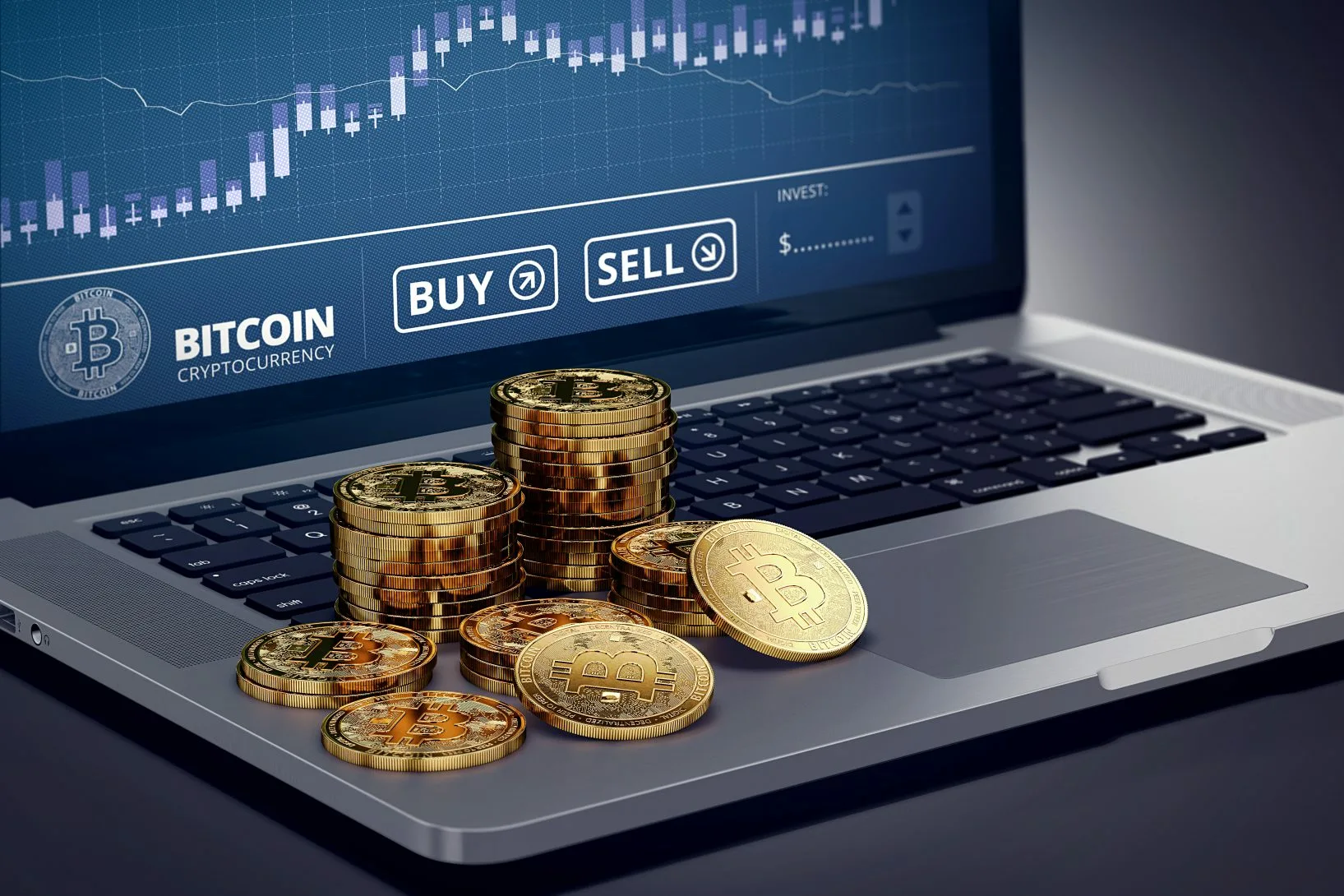
Cryptocurrencies to Hold for 2025 and a Quick Buying Guide
Cryptocurrencies to Hold: Cryptocurrencies have become one of the most popular and volatile investment opportunities in recent years. As the market continues to mature, more investors are looking ahead to the future, particularly to 2025, to identify which digital assets are worth holding. While the market is still unpredictable, some cryptocurrencies have established themselves as strong contenders for long-term growth. How to Protect Your Bitcoin Like a Pro: we’ll explore some of the top cryptocurrencies to hold for 2025, and provide a quick buying guide to help you navigate the market.
Top Cryptocurrencies to Hold for 2025

- Bitcoin (BTC)
As the first and most well-known cryptocurrency, Bitcoin remains a solid choice for long-term investors. Despite its volatility, Bitcoin’s status as a store of value and its growing institutional adoption make it a key player in the crypto space. By 2025, Bitcoin is expected to continue benefiting from its network effect and limited supply, which could drive its price even higher. - Ethereum (ETH)
Ethereum is the second-largest cryptocurrency by market capitalization and has significant potential for growth, especially with the continued development of its blockchain. Ethereum 2.0, a major upgrade that moves the network from a proof-of-work to a proof-of-stake consensus mechanism, is expected to improve scalability, reduce energy consumption, and enhance the platform’s capabilities. As decentralized applications (dApps) and smart contracts continue to gain traction, Ethereum is poised for long-term success. - Binance Coin (BNB)
Binance Coin is the native token of the Binance exchange, one of the largest and most popular cryptocurrency exchanges in the world. BNB is used to pay transaction fees on the Binance platform and has also been integrated into the Binance Smart Chain (BSC), which facilitates the development of decentralized applications and smart contracts. With Binance’s continued growth and dominance in the crypto space, BNB could see significant upside by 2025. - Cardano (ADA)
Cardano is a blockchain platform that aims to provide a more secure and sustainable infrastructure for the development of decentralized applications. Its unique proof-of-stake consensus mechanism and emphasis on peer-reviewed research make it a promising long-term investment. As Cardano’s ecosystem expands and smart contract functionality is fully realized, it could become a serious competitor to Ethereum. - Polkadot (DOT)
Polkadot is a multi-chain platform that enables different blockchains to interoperate and share information. This scalability and interoperability are key features that set Polkadot apart from other cryptocurrencies. As the blockchain ecosystem evolves, Polkadot’s ability to connect various networks could be invaluable, positioning DOT as a top cryptocurrency to hold for 2025. - Solana (SOL)
Solana is a fast, scalable blockchain platform that has gained popularity for its high throughput and low transaction costs. It is seen as a potential competitor to Ethereum, particularly in the areas of decentralized finance (DeFi) and NFTs. If Solana continues to expand its ecosystem and gain adoption, it could see significant growth by 2025. - Chainlink (LINK)
Chainlink is a decentralized oracle network that connects smart contracts with real-world data. As the demand for blockchain-based smart contracts and decentralized applications grows, Chainlink’s role in bridging the gap between the blockchain and real-world information will become increasingly important. This could make LINK a valuable asset to hold as the cryptocurrency market continues to mature.
Quick Guide to Buying Cryptocurrencies
- Choose a Reliable Exchange
The first step in buying cryptocurrencies is selecting a trustworthy exchange. Popular exchanges like Binance, Coinbase, Kraken, and Gemini are well known for their security features, ease of use, and variety of supported cryptocurrencies. Make sure to do your research on the exchange’s fees, reputation, and support assets. - Set Up a Wallet
While you can store your cryptocurrencies on the exchange, it’s generally safer to transfer them to a private wallet. There are two types of wallets: hot wallets (software-based) and cold wallets (hardware-based). Hot wallets are convenient for quick access, but cold wallets offer enhanced security for long-term storage. - Make Your First Purchase
Once you’ve chosen an exchange and set up a wallet, you can deposit funds into your account. Most exchanges allow you to fund your account with fiat money (such as USD, EUR, or GBP) through bank transfers, credit cards, or PayPal. After depositing, you can buy the cryptocurrencies of your choice. - Diversify Your Portfolio
As with any investment, diversification is key to managing risk. Don’t put all your funds into one cryptocurrency. By holding a mix of assets, you can hedge against volatility and increase the potential for long-term gains. - Monitor Your Investments
The cryptocurrency market is highly volatile, so it’s important to keep track of your investments regularly. Use portfolio tracking apps or the exchange’s built-in tools to stay updated on the performance of your assets. Set up alerts for significant price movements and consider adjusting your portfolio if necessary. - Consider Dollar-Cost Averaging
If you’re nervous about the volatility of the market, you might want to consider dollar-cost averaging (DCA). This strategy involves investing a fixed amount of money at regular intervals, regardless of the market price. Over time, DCA can help reduce the impact of short-term price fluctuations and lower the average cost of your investment.
Final Thoughts
Cryptocurrencies offer incredible potential for long-term gains, but they also come with high risks. As we approach 2025, several digital assets are poised to grow, particularly those with strong use cases and solid development teams behind them. Bitcoin, Ethereum, Binance Coin, Cardano, Polkadot, Solana, and Chainlink are all promising candidates for your portfolio.
When buying cryptocurrencies, always do your research and make sure to diversify your investments. Remember, the cryptocurrency market is volatile, so be prepared for fluctuations and only invest what you can afford to lose. Happy investing, and here’s to a prosperous 2025!
Should I diversify my crypto investments?







